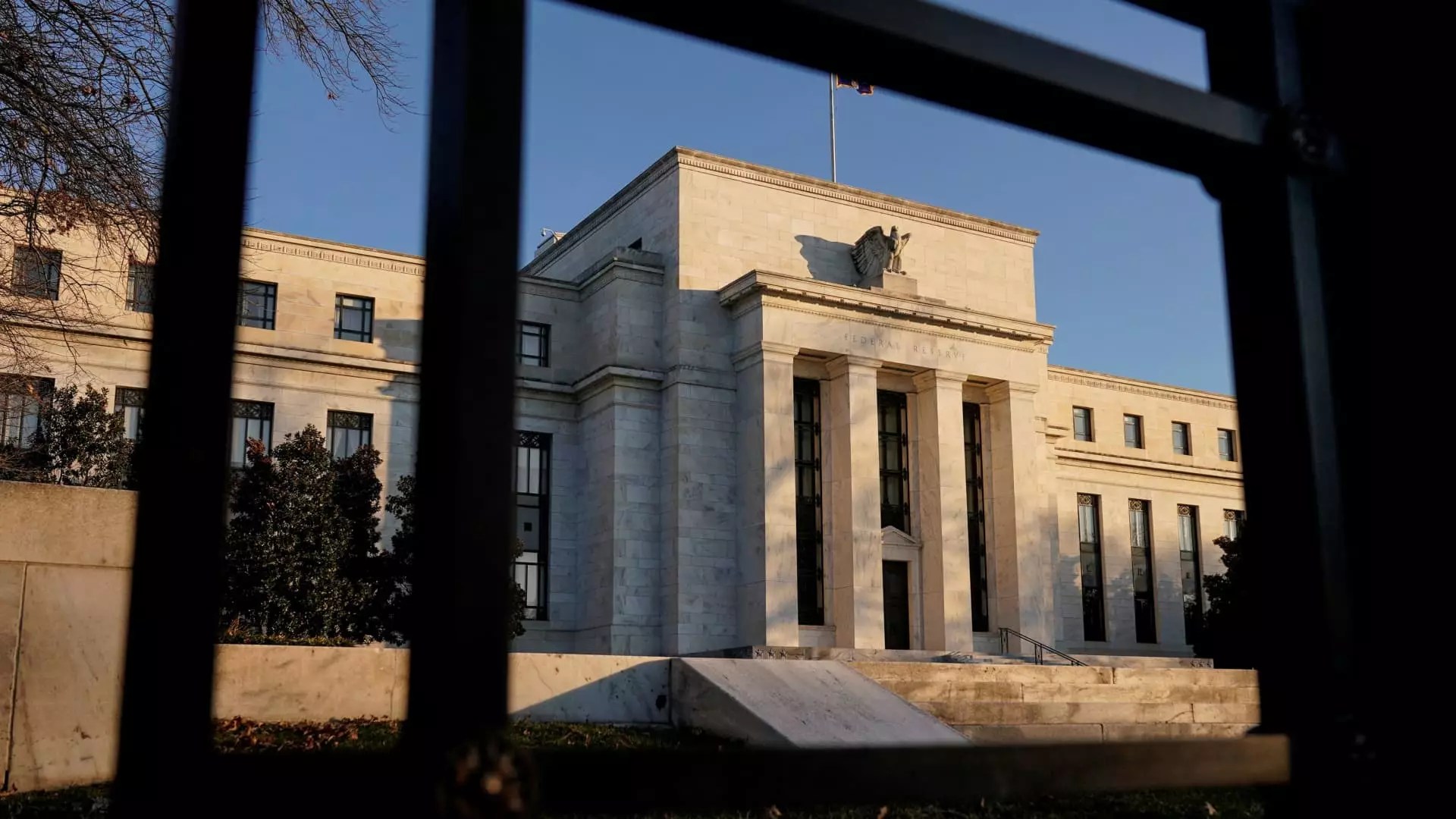The Federal Reserve’s latest proposal to weaken the standards for what constitutes a “well-managed” bank signals a disturbing inclination toward deregulation at a perilous pace. By allowing institutions with even a single “deficient” rating to still qualify as well-managed, the Fed effectively diminishes the importance of robust governance, liquidity, and capital standards. This move facilitates a dangerous narrative that banks can operate effectively despite significant weaknesses, undermining the safeguards which have historically protected the financial system from systemic crises. It’s a reckless gambit that prioritizes short-term convenience over long-term stability, flirting with the very risks that caused past economic meltdowns.
Undermining the Foundations of Financial Oversight
The core issue with this proposal is its blatant disregard for the foundational principles of sound risk management. By relaxing criteria that ensure banks are resilient, the Fed signals a misguided belief that superficial ratings or tick-box assessments can substitute for meaningful oversight. The existing framework, designed with lessons learned from the 2008 financial crisis, emphasizes the importance of holistic evaluations that consider a bank’s overall health. Diluting these standards threatens to turn a blind eye to vulnerabilities lurking beneath shaky governance structures—weaknesses that could explode into systemic failures if left unchecked.
Dissenting Voices and Growing Concerns
Not surprisingly, this move has drawn stern opposition from seasoned regulators like Michael Barr and Adriana Kugler, who recognize the peril it entails. Barr’s critique underscores the risk of “fundamentally chang[ing]” what it means to be a well-managed bank, warning that it could “weaken important safeguards.” His skepticism echoes the concern that relaxing these rules invites reckless behavior, inspired less by responsible management and more by the desire to expand market opportunities. Wohlhabers of the regulatory process must confront the uncomfortable truth: this deregulation risks creating a false sense of security that could evaporate with one significant shock to the system.
The Danger of Regulatory Capitulation
The timing of this proposal, just weeks after the Fed’s new capital rules, shows a troubling pattern of regulatory capitulation. Rather than reinforcing standards that keep banks resilient, the Fed appears eager to accommodate financial institutions’ desire for fewer restrictions, at the expense of precaution. This shortsighted approach reflects a fundamental misunderstanding of the role of regulation—one rooted in prudence, not complacency. To weaken the very criteria that serve as a buffer against crisis is to gamble with the economy’s stability, risking another devastating meltdown driven by overleveraged and unmanaged banks.
Why This Matters for Mainstream Americans
The implications of such deregulation extend beyond Wall Street; they threaten the economic security of everyday citizens. When banks are allowed to operate under diminished standards, the risk of failure multiplies, putting savings, jobs, and entire communities on the line. It’s a stark reminder that regulatory oversight should be driven by common sense and prudence, not profits or political convenience. Accepting lower standards for banks in our system compromises the very protections that stabilize our economy and protect our families—something no responsible society can afford to ignore.

